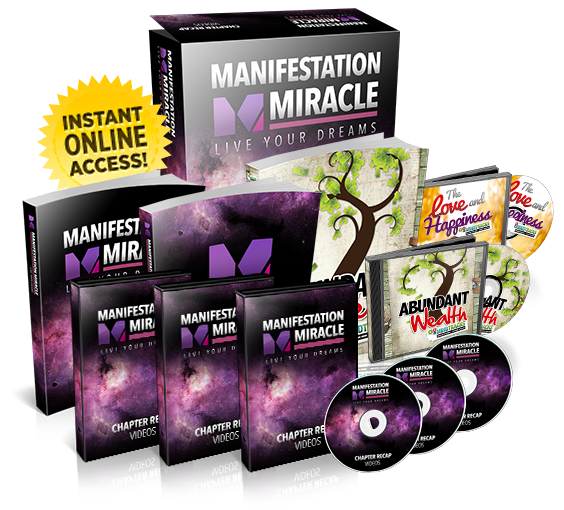Use Transformational Vocabulary
to Be Happy!
|
“Simply by changing your habitual vocabulary - the words you
consistently use to describe the emotions of your life - you can
instantaneously change how you think, how you feel, and how you live.” |
If you’re like most people, chances are you have a limited vocabulary when it comes to describing what you’re feeling on a regular basis. Words like “angry”, “happy”, “excited”, “nervous”, “guilty”, “scared”, “furious”, “depressed”, “exhausted” or “bored” could be part of your everyday vocabulary.
What if you could expand and modify your vocabulary to change (transform) your feelings or emotions - and instead of being “livid” or “furious” you could be “disenchanted” or “upset” - and instead of being “depressed” you could be “a bit down” - or maybe instead of being “scared to death” you could describe yourself as being “uneasy”. Do you see the difference?
The fact is, your words have significant meaning to you – psychologically and subconsciously – and they directly affect how you feel about a given situation or event. So by choosing your words carefully under stressful or difficult circumstances (like during a financially difficult time), your feelings (emotions) about the situation could be dramatically different – allowing you to be less anxious, more productive, and much happier.
During periods of financial stress, for example, instead of describing your situation as “scary” or “devastating”, you might want to describe it as “challenging” or “uncomfortable”.
Here’s a specific example of how you could change the same idea to different emotion-provoking words. What if you described the situation like this?...
“We’re under extreme pressure financially right now and I’m scared to death that we won’t have enough money to pay our bills. We must find a solution or it will be devastating for us.
Think about how saying that would make you feel. Pretty negative (and really scared). It’s quite dramatic. And psychologically (subconsciously) your emotional response to that is likely to be very intense and possibly paralyzing.
What if, however, you changed the way you stated and thought about that same situation and said something like this instead?...
“Our financial situation is a bit challenging right now and I’m uneasy about the ability to pay our bills. This motivates us to want to find a solution so that things don’t get more unpleasant for us.
I may have exaggerated the words and phrases a bit to make the point, which is that - just by changing your vocabulary - you can change the way you feel about any situation and actually be better equipped to meet the challenge, solve the problem, or address the issues.
This is the essence of transformational vocabulary. And it really works. So try it, because using transformational vocabulary can help you to change your thoughts and your outlook. Changing your outlook can have a huge impact on your overall “happiness” and on the results you experience in your life.
Here are some Tips for using transforming vocabulary to improve your outlook and results:
1) Think about the many situations you experience in your daily life. Determine those causing you stress or creating bad results. Ask yourself: How am I viewing this situation? Is it with empowering (positive) or disempowering (negative) thoughts? Empowering or positive thoughts and words open you up to greater possibilities and improve your emotional response to the situation.
2) Replace negative words or phrases with positive ones that empower you. For example, "should”, “must”, and “have to" could be changed to "could”, “want”, and “choose to".
3) Notice the intensity of the words you use. Are they appropriate for the situation? Calmer words lead to a calmer state of mind, passionate words lead to a more passionate state of mind. Learn to choose the words which produce the most positive state of mind for the results you are trying to achieve. For example, "I can’t stand another minute" could become "I am frustrated at the moment”. “I am outraged” could be changed to “That’s really upsetting”.
4) Watch out for limiting language and black and white thinking. Phrases like, "there is no point”, “it never works”, or “you always” create much more negative emotional responses than phrases such as “it will be tough”, “it’s challenging”, or “you are sometimes”.
5) Notice the metaphors you use, they will reveal how you are choosing to approach your life. For example, “Life is a roller-coaster … up one minute, down the next" versus “Life is an adventure.”
6) Ask people you trust to give you feedback on the language you use. It’s hard to be objective and often others see the bigger picture.
PLEASE CONSIDER...
If the information on this site helps you and you'd like to make a donation to BeHappy101.com (to help make others happy), please click on the button below to make a contribution. The amount you donate is entirely up to you. A portion will used to contribute to the happiness of others and is greatly appreciated. [WHY DONATE?] |






 I'm Jimmy, the founder and creator of this site and the whole BeHappy! system. My life's purpose is to be a positive, creative force for health and happiness and through this website, my books, coaching, and happiness-building programs, I intend to help as many people as possible live their happiest possible lives.
I'm Jimmy, the founder and creator of this site and the whole BeHappy! system. My life's purpose is to be a positive, creative force for health and happiness and through this website, my books, coaching, and happiness-building programs, I intend to help as many people as possible live their happiest possible lives.